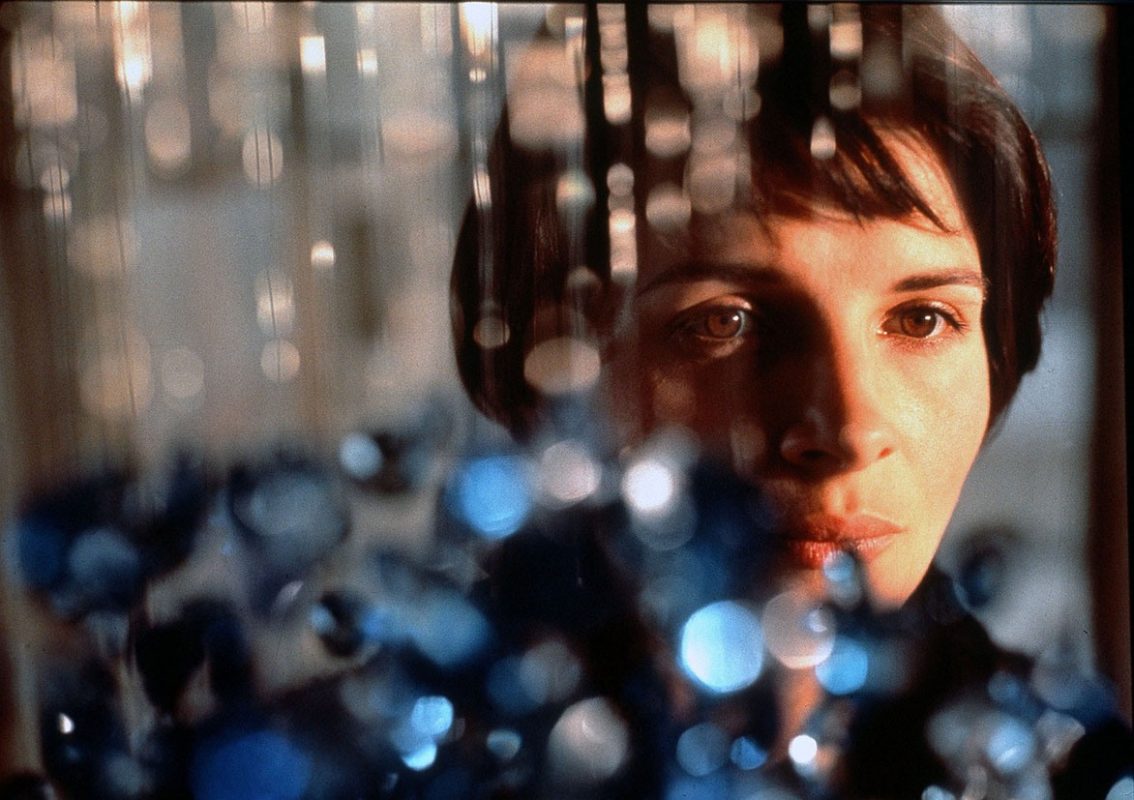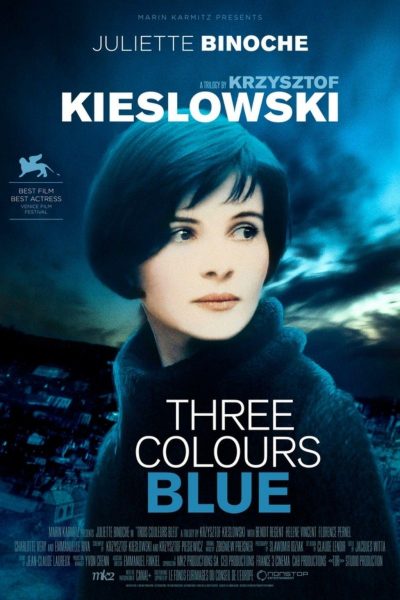Member Picks: Three Colors: Blue
A woman struggles to find a way to live her life after the death of her husband and child.
Trois couleurs: Bleu (original title)
(R, 98 min.)

A woman struggles to find a way to live her life after the death of her husband and child.
Trois couleurs: Bleu (original title)
(R, 98 min.)


Member Picks showcases the movies that inspired the Moxie’s biggest supporters.
Every month, one member picks a film that impacted their lives and we put it up on the big screen.
This pick was made by Argelia Segovia.
In the devastating first film of the Three Colors trilogy, Juliette Binoche gives a tour de force performance as Julie, a woman reeling from the tragic death of her husband and young daughter. But Blue is more than just a blistering study of grief it’s also a tale of liberation, as Julie attempts to free herself from the past while confronting truths about the life of her late husband, a composer. Shot in sapphire tones by Slawomir Idziak, and set to an extraordinary operatic score by Zbigniew Preisner, Blue is an overwhelming sensory experience. [Criterion]
Starring: Juliette Binoche, Zbigniew Zamachowski, Julie Delpy
Director: Krzysztof Kieslowski
Languages: French, Polish, Romanian
Genre(s): Drama, Music, Mystery
"A powerful motion picture."
— James Berardinelli, ReelViews
"Krzysztof Kieslowski's penetrating, hypnotic meditation on liberty and loss."
— Hal Hinson, Washington Post
"Boasts a riveting central performance by a carefully controlled, lovingly lit Juliette Binoche."
— Lisa Nesselson, Variety
"The rehabilitation of a human spirit after painful tragedy is given stunning, aesthetic dimension."
— Desson Thomson, Washington Post
"Daring in its willingness to risk looking maudlin by dealing with extremes, Blue doesn't hesitate to explore spiritual and psychological states that are beyond many films."
— Kenneth Turan, Los Angeles Times
"Blue is a movie that engages the mind, challenges the senses, implores a resolution, and tells, with aesthetic grace and formal elegance, a good story and a political allegory."
— Marjorie Baumgarten, Austin Chronicle
"What lifts it out of the doldrums is Kieslowski's fascinating use of reflections, focusing techniques and camera angles to give the somewhat pedestrian material a profound and otherworldly East European feel."
— Marcus Trower, Empire